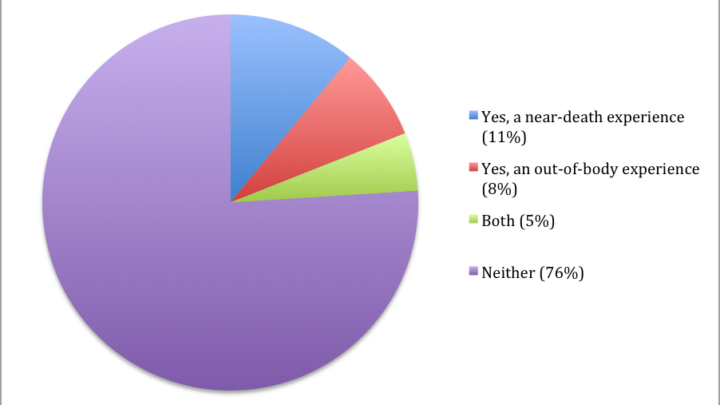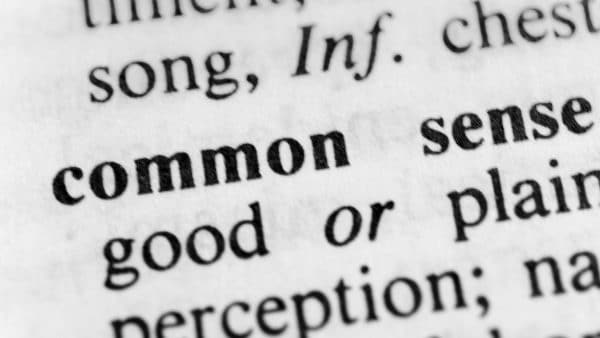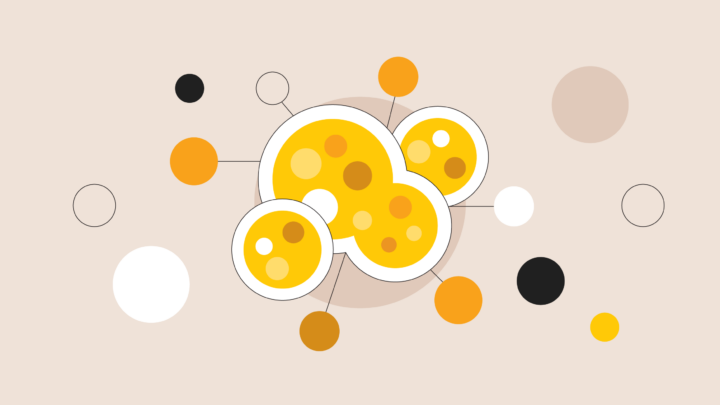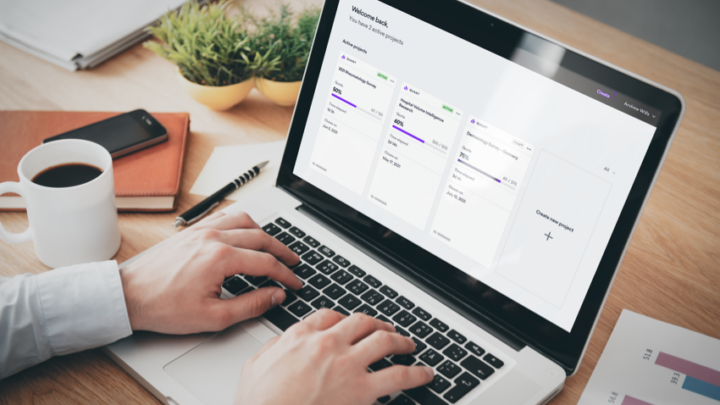
A new study recently suggested that multitasking may be bad for the brain: people who are regularly bombarded with several streams of electronic information do not pay attention, control their memory, or switch from one task to another as well as those who complete one task at a time. Researchers found that people who often multitask were worse at organizing their thoughts and filtering out irrelevant information compared to those who don’t multitask.
Overall, the study found that multitasking reduces efficiency and performance because the brain is only meant to focus on one thing at a time.
In light of this study, we asked doctors, “Is multitasking good or bad for your mental health?
Of the 1179 doctors from 44 countries who responded, a majority of 44 percent of doctors felt that multitasking is actually good for the brain:
“I am in favor of multitasking as it can help improve brain plasticity and prevent mental illnesses such as dementia, and because the skills developed while fulfilling everyday tasks undoubtedly train and take care of our mental health..” – General Practice, Mexico
“Who says the brain is only meant to focus on one thing at a time? I think multitasking without interruption in familiar areas at a realistic pace is something very doable and productive.” – Internal Medicine, US
However, 29 percent of physicians aligned with the recent study, claiming that multitasking can be bad for the brain:
“Multitasking, or having to deal with many pending tasks, generates stress and one can end up forgetting to complete some of the tasks, therefore it is bad for mental health.” – General Practice, Venezuela
“I believe that doing several tasks at the same time causes more exhaustion and stress, both physical and mental. It is very important to perform our tasks in an orderly manner without causing exaggerated exhaustion.” – General Practice, Venezuela
Finally, 27 percent of doctors said that it was neither good nor bad:
“I think that depends on the quality of each person to organize their ideas and be able to perform multiple tasks focusing on one thing at a time. I practice multitasking, however I am a very organized person at the same time with my ideas, and I try to handle several cases always focusing on one at a time.” – General Practice, Venezuela
“Multitasking depends on the amount and type of tasks that need to be performed, and this is where we can say “excesses are always harmful”. Most of us, while being on-duty reach a point when MENTAL EXHAUSTION is greater than physical exhaustion, which is the result of dealing with multiple things at the same time (test results, patients being hospitalized, prescriptions, reviews, procedures, readjustments), and this leads to decreased performance and behavioral errors!” – General Practice, Venezuela
The poll was fielded in March of 2018. 1,179 physicians responded to the poll. The margin of error for the global poll was ±3%. More information about Sermo polling methodology can be found here.
Are you a physician? Log into Sermo to weigh-in on health conversations with other doctors from around the world.














